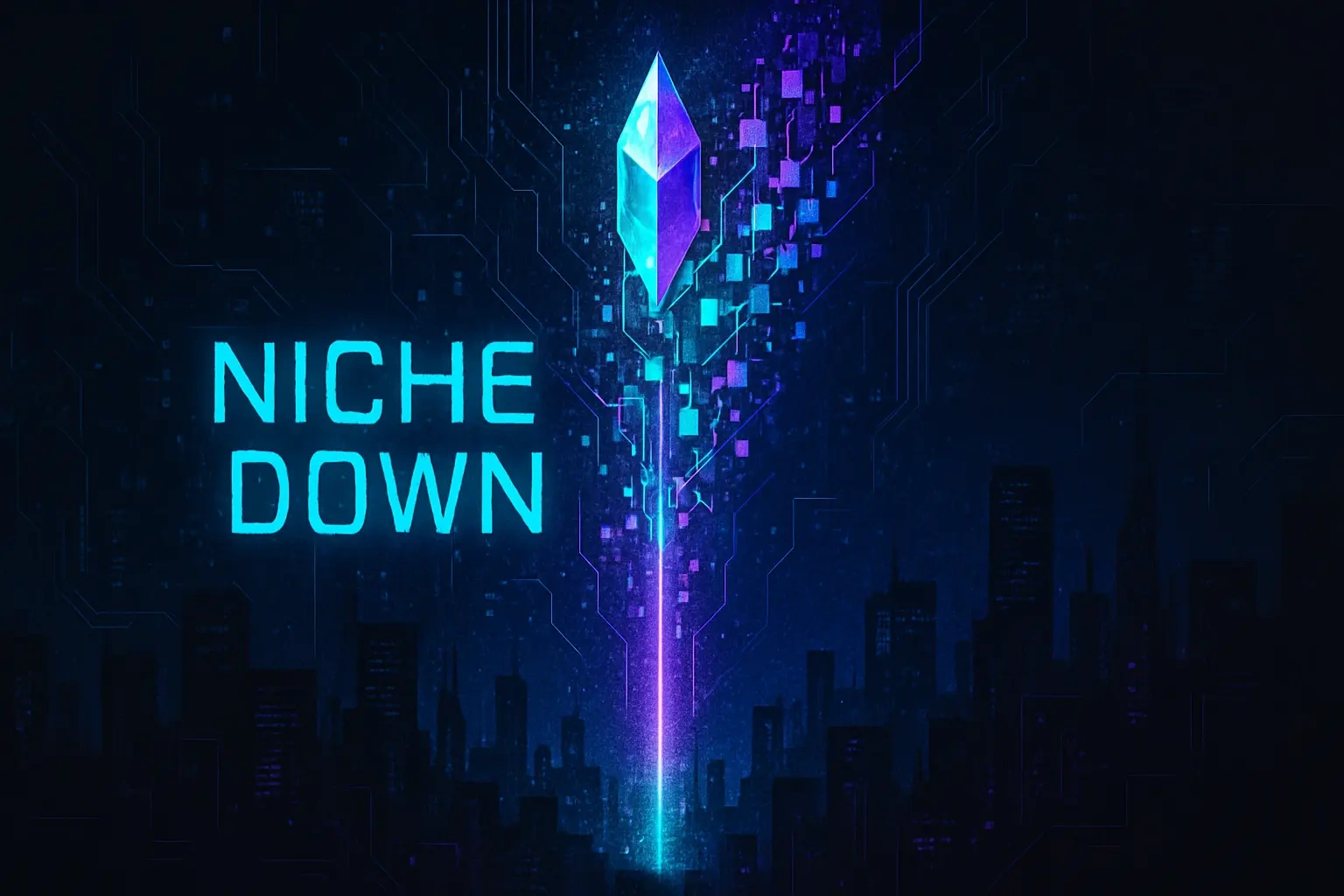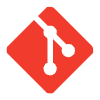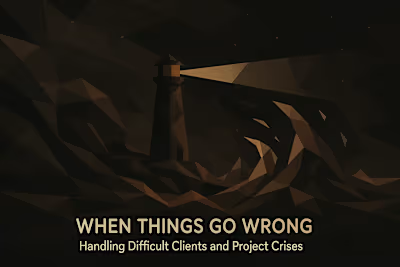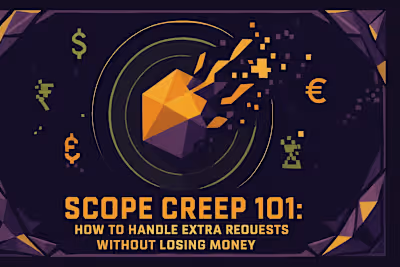Niche Down: Why Specializing Can Skyrocket Your Shopify Development Career

Niche Down: Why Specializing Can Skyrocket Your Shopify Development Career
The Generalist Trap vs. The Specialist's Advantage
Why Being a 'Jack-of-All-Trades' Can Hurt You
The Power of Being the Go-To Expert
How to Identify Your Profitable Shopify Niche
Start with Your Passions and Strengths
Research Market Demand and Profitability
Explore Niche Categories
Marketing Yourself as a Niche Shopify Expert
Tailor Your Portfolio and Website
Content Marketing for Credibility
Strategic Networking
The Long-Term Career Benefits of Specialization
Building a Sustainable and Fulfilling Career
A Foundation for Future Growth
References
Niche Down: Why Specializing Can Skyrocket Your Shopify Development Career
The Generalist Trap vs. The Specialist's Advantage
Why Being a 'Jack-of-All-Trades' Can Hurt You
The Power of Being the Go-To Expert
How to Identify Your Profitable Shopify Niche
Start with Your Passions and Strengths
Research Market Demand and Profitability
Explore Niche Categories
Marketing Yourself as a Niche Shopify Expert
Tailor Your Portfolio and Website
Content Marketing for Credibility
Strategic Networking
The Long-Term Career Benefits of Specialization
Building a Sustainable and Fulfilling Career
A Foundation for Future Growth
References
Posted Jul 4, 2025
Discover how specializing as a Shopify developer can lead to higher-paying clients, less competition, and faster career growth. Learn to find your profitable niche.









